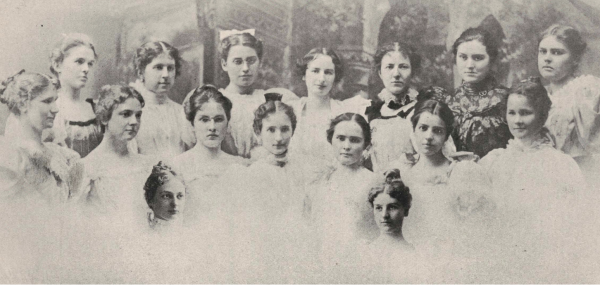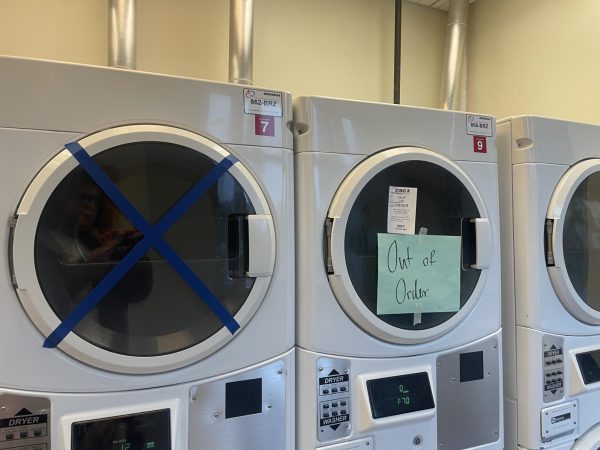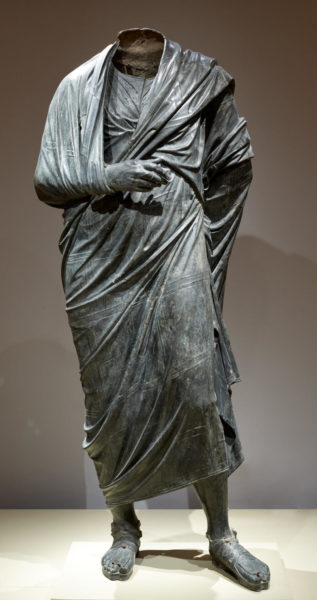Cleveland Clinic accused of overcharging patients, ordering unnecessary tests
Last March, a federal lawsuit was filed against the Cleveland Clinic, accusing them and the Cleveland Clinic Foundation of ordering excessive tests on patients to receive more Medicare payouts. The lawsuit, previously sealed, was released on Jan. 20.
The suit was filed by Dr. Sam Ghoubrial on behalf of the United States government, under the False Claims Act. Ghoubrial is an employee at the Summa Medical Center in Wadsworth, Ohio. He does not work for the Cleveland Clinic but filed the suit after inquiring why the Clinic was so expensive and why unnecessary tests were being ordered.
The False Claims Act is a law used to try companies that commit fraud against government programs like Medicare and Medicaid. Though the U.S. government can choose to take up cases filed under the False Claims Act, federal prosecutors chose not to take over the case against the Cleveland Clinic. Ghoubrial and his attorney remain the plaintiffs and will continue to pursue the claim instead. If they win the case, they will receive a portion of the fine Cleveland Clinic would be required to pay.
The suit accuses the clinic of gaming one Medicare billing system in particular: the Diagnosis Related Group. This provision of Medicare pays hospitals one lump sum for tests done within 72 hours of diagnosis. Though the size of the payment varies based on the patient’s disease and treatment, the suit alleges the clinic orders extra tests to be performed outside of this window, even tests that have already been performed, in order to receive larger Medicare payouts. This puts an unnecessary financial burden on patients and potentially exposes them to excessive radiation or invasive tests, the suit states.
In 2002, the Cleveland Clinic Lerner College of Medicine was established as a partnership between the Cleveland Clinic and Case Western Reserve University. Each year, the college admits 32 students for a five-year program, and is one of three possible tracks within CWRU’s medical school. At publishing time, it was unclear whether or not the lawsuit would affect CWRU’s relationship with the Cleveland Clinic, and CWRU Media Relations had declined to comment on the case.
Though the excessive billing the lawsuit accuses the clinic of is frequently only a few thousand dollars, a drop in the bucket compared to annual Medicare payouts, the suit says this has been done thousands of times, on a regular basis.
The case is slated to go before U.S. District Judge Donald Nugent later this year. If the Clinic is found guilty, it may be subjected to fines up to three times the amount it is accused of taking, plus other penalties.

















